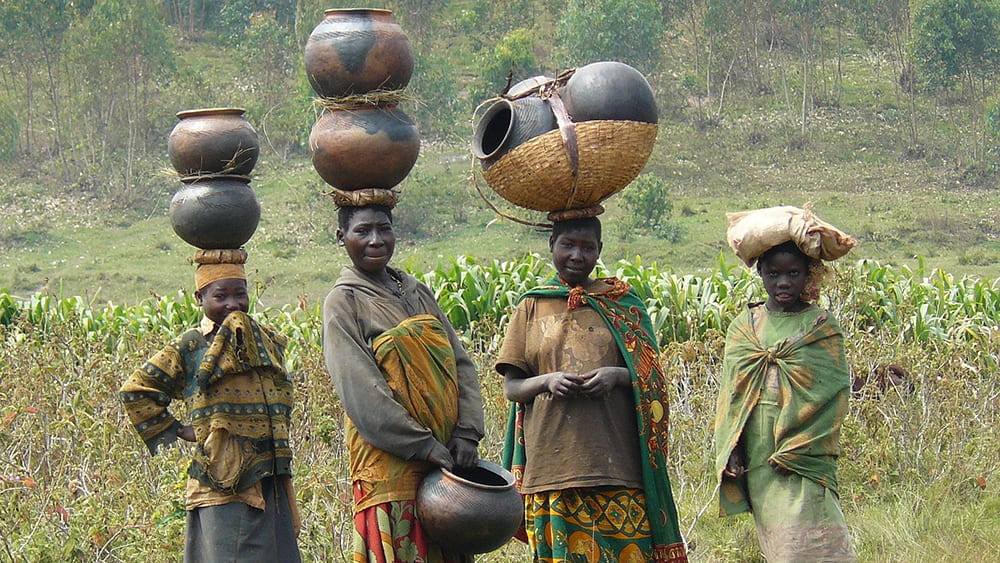by Paulette Krishack
Post-doctoral fellow in the University of Chicago’s Department of Medicine
Around 10,000 years ago, our ancestors began establishing the first permanent settlements. The dawn of agriculture provided a stable food supply, and those who had once hunted and gathered for sustenance could settle down to a more rooted lifestyle and greater investment in shelter, clothing, even political and artistic endeavors.
But every lifestyle has its challenges. The change to a more permanent settlement seems to have been accompanied by an increase in infectious diseases, like measles and plague, that only take hold when there is a critical mass of infected people. Anthropologists and others have theorized that farming made it easier for diseases to spread from soil, insects, and larger animals to humans, and that the larger, denser communities fostered through agriculture encouraged transmission between humans.
UChicago evolutionary biologist Luis Barreiro, PhD, Pennsylvania State anthropologist George H. Perry, PhD, McGill University geneticist and their team set out to test this idea. They wanted to determine if and how the immune system evolved in response to a move from a hunter/gatherer to an agricultural lifestyle. Perhaps they would show that agriculturalists’ immune system had adapted to the spread of infectious diseases via evolution, positively selecting genetic variants that helped them survive in the face of communicable diseases.
The researchers focused on two different Ugandan communities, the Batwa (hunter/gatherers) and the Bakiga (agriculturalists), located near each other but isolated for thousands of years. The research team collected and genotyped whole blood samples from each. They also incubated circulating white blood cells from individuals in both communities with viral and bacterial agents, to understand how immune responses differed between the two communities.
The team found that each community did have a unique immune profile and that natural selection has contributed to differences in immune responses between the two groups. Yet, their results do not support the long-standing hypothesis that pathogens exerted selective pressure on agriculturalist populations. Instead, Barreiro, Perry, and Harrison’s work, documented in Nature Ecology and Evolution, demonstrated that there were more selective differences in immune responses in the hunter-gatherer population. The study also suggest that differences in exposure to viruses might have been the primary driver of adaptive evolution in both populations.
While the authors offer the caveat that their sample size (just over 100 people) was small, they have provided the first genome-wide comparison of immune variation between hunter/gatherer and agricultural populations in Africa—an issue that seems important to understanding man’s relationship to both the environment and food production. By learning how we have adapted to our changing surroundings over time, we can better fine-tune our lives and systems to support greater health in the future.




